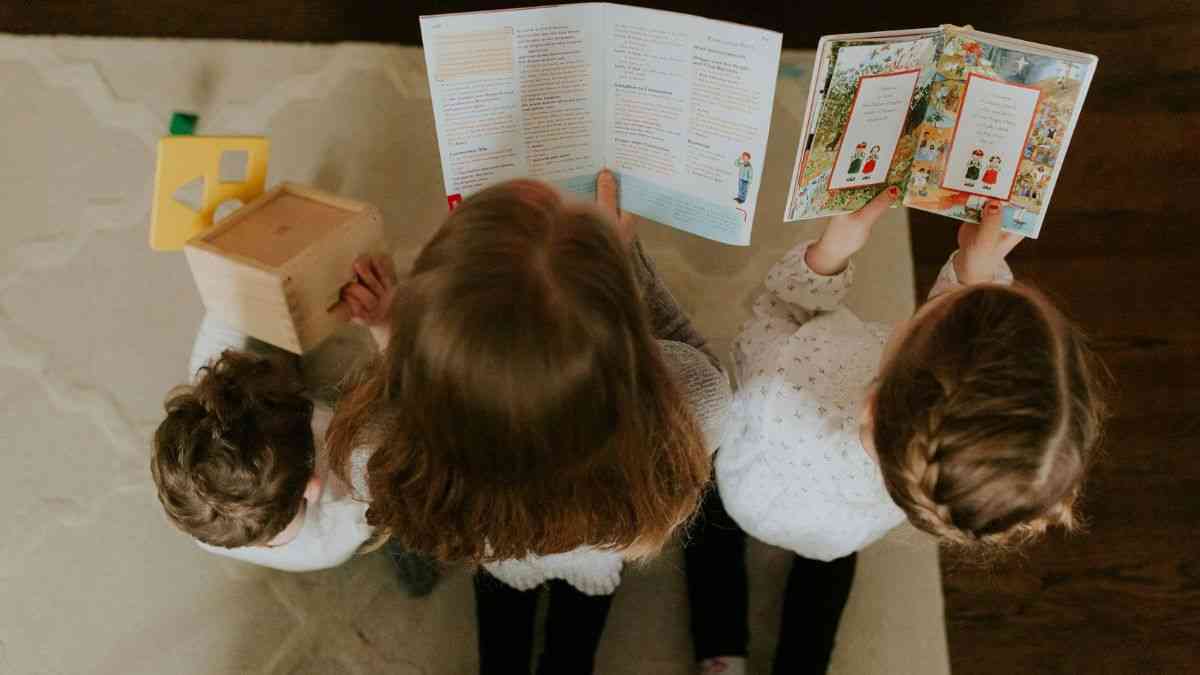Science
The Underwater Cataract Powering Earth: What Happens if it Stops?
02 March 2026

Colorful apps, interactive games, flashing animations—technology was supposed to revolutionize education. But a new study of over a thousand preschoolers cools the enthusiasm of digital solution fans. Researchers have discovered that it's not games but regular books that have the greatest impact on developing reading skills. Why?
What’s the most effective way to teach your own child to read? Is it better to stick with traditional methods, or have games and modern apps pushed books into the shadows? A team of researchers from Michigan State University decided to find out. They analyzed the skills of over a thousand children attending preschool in a US Midwestern state.
To obtain reliable conclusions, the researchers divided reading-related activities into three categories:
The study was based on surveys completed by parents and direct assessments of children’s reading skills. The assessed competencies included knowledge of letter names, letter sounds, and phonological awareness. The latter involves recognizing and manipulating sounds in spoken language, which is essential for learning to read.
You might like to read: It’s Not About the Grades: Could Classometry Transform Schools, Teachers, and Students?
Writing letters and pointing out words on signs, boards, or in the daily environment, as well as other routine writing-focused activities, significantly increased the likelihood of faster and more effective reading acquisition in children aged 3 to 6. This was also true for children with speech and language disorders. Importantly, children who used educational games more often scored lower on reading tests.
“Shared book reading had a significant impact on literacy skills only for typically developing children, although the effects were relatively small. For all children, more frequent playing of reading and writing-related games was associated with lower scores in early literacy skills,” the study states.
The modern way of teaching reading may not be as effective as the traditional one. This is because digital materials are more likely to entertain than to educate. They typically use bright visual and sound effects. These effects, in turn, distract the preschooler from learning to read.
What’s more, no game can provide the feedback that writing letters by hand does. In this contest, the book allows the child to better understand how writing works. Both of these benefits are particularly important for the development of children who have speech and language disorders. According to the researchers, printed books encourage more language activity and interaction during reading than digital media.
“These studies show that both the content and the way knowledge is delivered are important when considering how to boost early literacy skills. Focusing directly on literacy through meaningful interactions with caregivers was most helpful for the children in our work. Literacy games and digital media cannot replace the role of caregivers in helping children learn these skills. This is especially important for children with speech and language disorders, as they may need more time and opportunities to understand how print works,” concludes Professor Lori Skibbe, a co-author of the study, in an interview with the MSUToday portal.
Read the original article: Gry edukacyjne kontra książki. Jak szybciej nauczyć dziecko czytać?